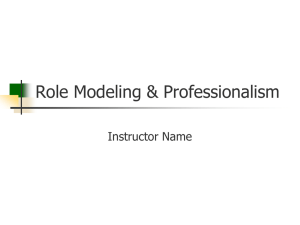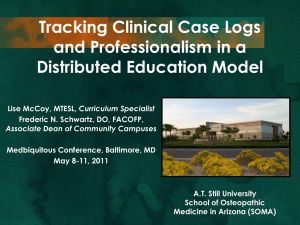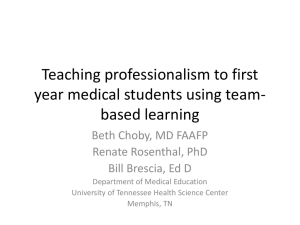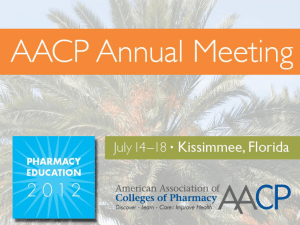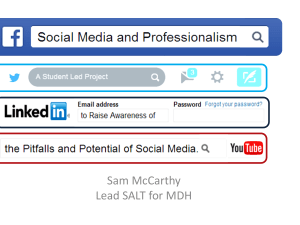Seminar 2 presentation
advertisement
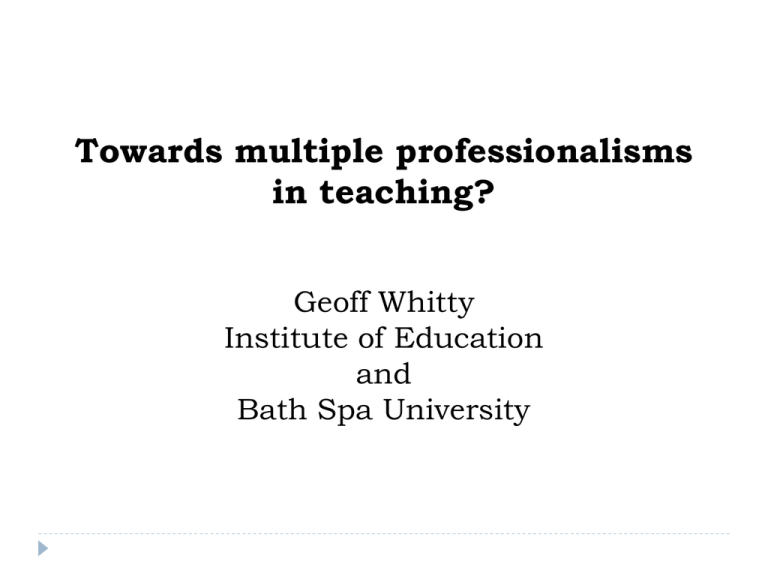
Towards multiple professionalisms in teaching? Geoff Whitty Institute of Education and Bath Spa University Multiple professionalisms A narrowed ‘core’ professionalism defined nationally via Teaching Standards/QTS/Ofsted criteria A variety of ‘local’ professionalisms developed by autonomous schools and federations Re/de-professionalisation via deregulation – with Academies like Free Schools (like private schools) not now required to employ teachers with QTS A series of ‘branded professionalisms’ associated with Teach First, Academy Chains and perhaps some Universities Private providers like Hibernia and Pearson entering the field. Branded Professionalism? As an ARK Schools Trainee Teacher you will have the opportunity to: • • • • experience life as a full-time member of staff in one of our academies learn daily from outstanding teachers in one of the country’s top-performing academy networks, leading to a PGCE engage in exceptional school-based professional development led by highly experienced mentors and our network specialists in literacy, numeracy, Special Educational Needs (SEN) and behaviour develop high levels of expertise in mathematics education through our leading-edge Mathematics Mastery training and curriculum programme (Primary trainees) • improve the life chances of children through your own dedication and rapidlyimproving skills set • start your teaching career in a successful and growing network of outstanding, non-selective schools, committed to closing the achievement gap New Right Rhetoric of the 1990s “They argue that, say, two or three years of subject study…is sufficient academic preparation for would-be teachers and any training necessary can be done on an apprenticeship basis in schools… At one level this is a general argument about producer interests, but it is also a more specific attack on the alleged ideological bias of teacher educators…”. (Whitty, 1991) English Exceptionalism? “Teaching is a craft and it is best learnt as an apprentice observing a master craftsman - or woman. Watching others and being rigorously observed yourself as you develop is the best route to acquiring mastery in the classroom.” (Department for Education, 2010). A System of Small Systems? “‘Messiness’ in terms of structures will be a natural by-product of radical structural reform as we move from a standardised national system to a system of many small systems. I don’t have a single, solution to offer, nor do I necessarily think there should be one, as the end-point of these school reforms hasn’t been reached yet.” (Bell, 2012) Education and Training Foundation “The sector-owned independent Education and Teaching [sic] Foundation (ETF) is now in place and… will define and promote professionalism in the sector, maintain and develop occupational standards for the workforce, ensure the availability, scope and quality of initial teacher training and provide resources and support to improve teaching, learning and assessment.” (BIS, 2013) Comments or questions? g.whitty@ioe.ac.uk

